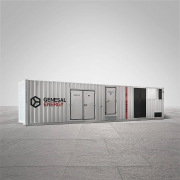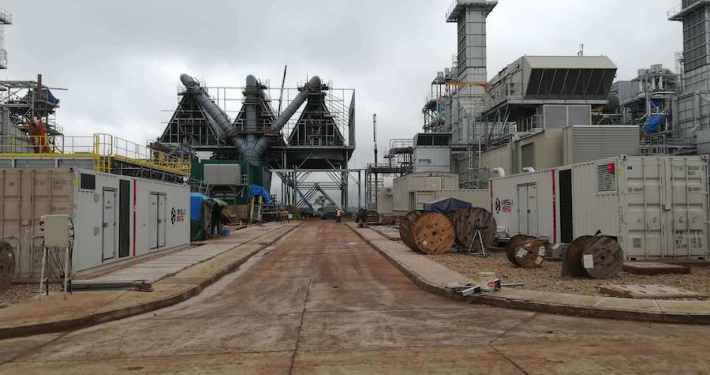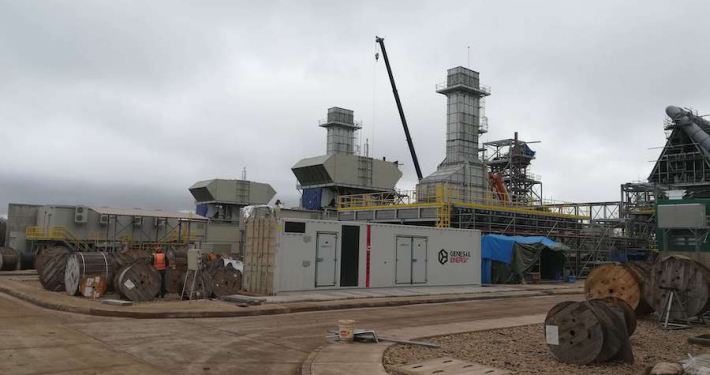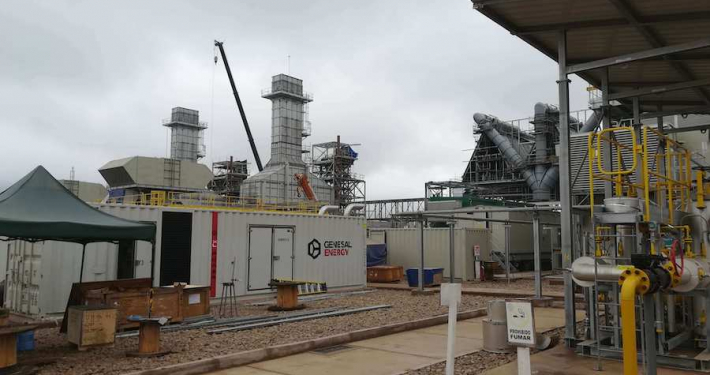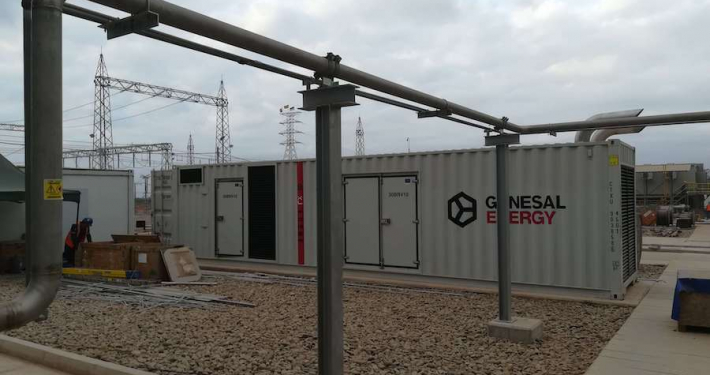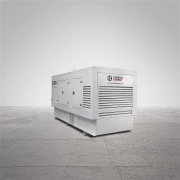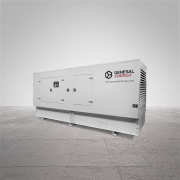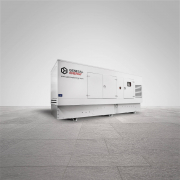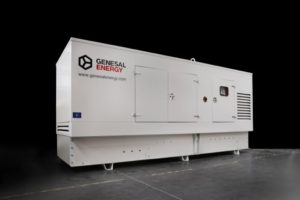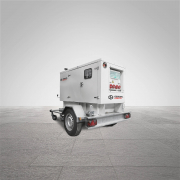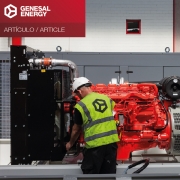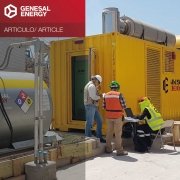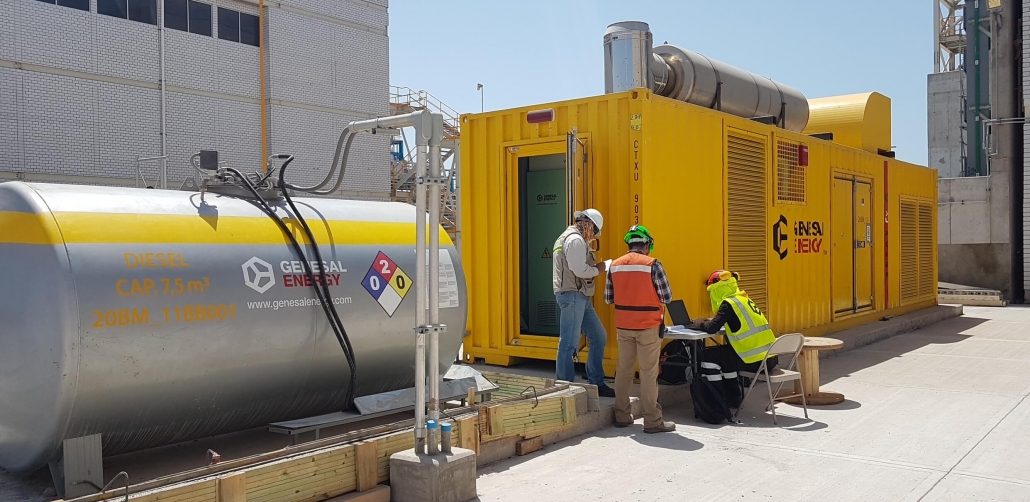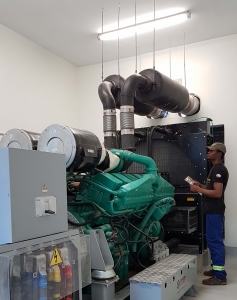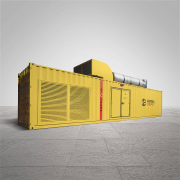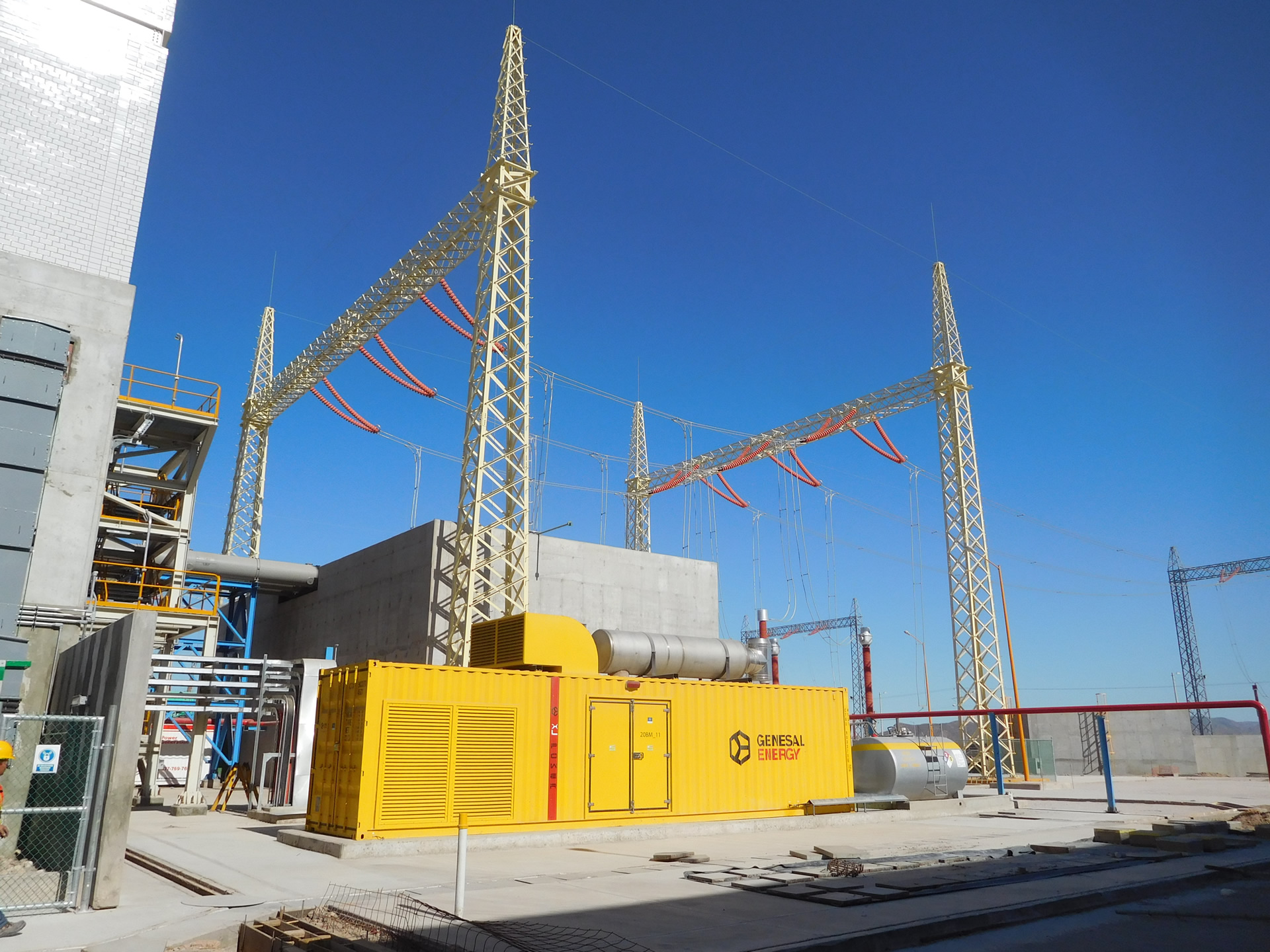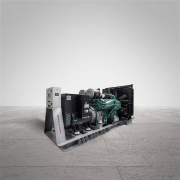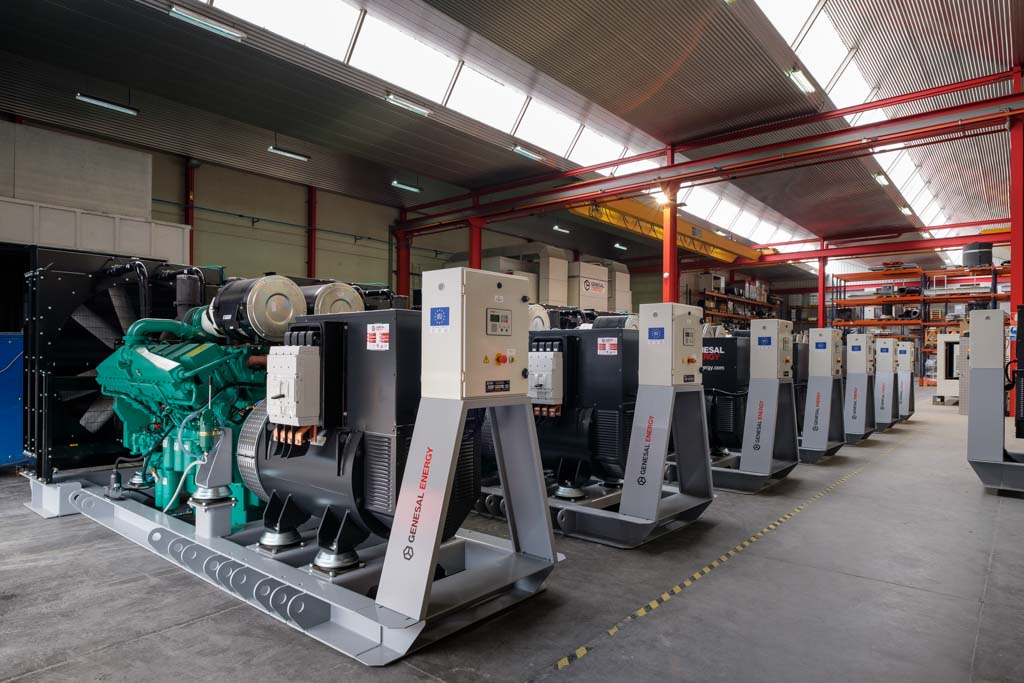We designed 11 gensets for three combined-cycle power plants in Bolivia that will increase the electric power in the country by 50%
Three combined-cycle plants located in three different departments in Bolivia, Tarija, Santa Cruz and Cochabamba, will increase electric power by 50% in the Andean country.
The project will not only improve the efficiency and availability of electricity in Bolivia, but it will also improve its economy and the overall environment, and Genesal has contributed towards this ambitious initiative by supplying 11 generator sets. Four have been installed in Tarija, another four in Santa Cruz and three in Cochabamba.
In this type of combined cycle power plant there are essential loads that must be permanently supplied power to in order for the installation to operate correctly. This is the case, for instance, of systems from the water treatment plant or the pumps from the lubrication units, which must continue operating so that, in the case of an emergency such as a power outage, the whole system can be safely shut down. This is precisely the task carried out by nine of the eleven supplied gensets.
Two of the gensets are Black Start units, whose objective is to provide power to one of the most important elements of the gas turbine: the turning gear.
The remaining two gensets are Black Start sets whose purpose is to power one of the most important elements of the gas turbine, the turning gear, an element used for the cold start of the turbine after a programmed shut down.
The turning gear rotates the turbine rotor at a very low speed to ensure a slow and uniform cool down, in order to avoid any thermal deformations.
Genesal’s solution
Our client requested the gensets be completely managed, controlled and monitorized from the control panel. A control philosophy was implemented whereby the diesel genset is connected to the electric panel and said panel is connected to the installation’s essential loads’ busbars (in the case of the emergency gensets) or to the gas turbines (in the case of the Black Start gensets). For the implementation of this system, a PLC was installed in order to manage all the elements of the generating installation, as well as a protection relay and a synchronizer for the parallel with mains operation.
Therefore, we designed each soundproof genset in its respective container with diverse elements ranging from air conditioning to fire detection systems, motorised louvers, fans… all thought-out and tailor-made following the client’s needs,
Each genset is made to be integrated and coordinated with the elements of the power plant its installed in. Furthermore, the emergency system can be completely controlled by the central PLC.
